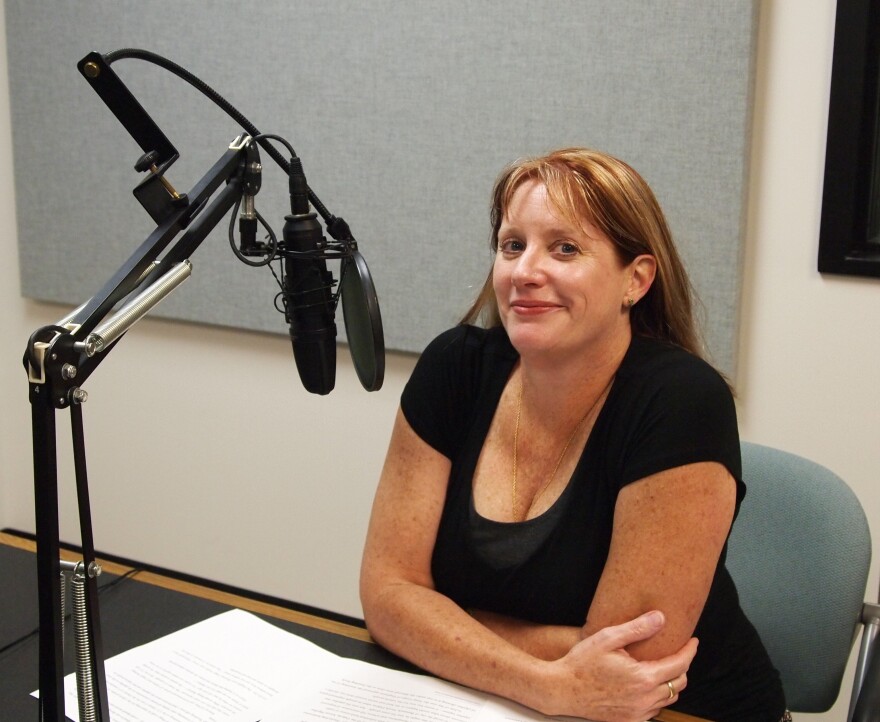To paraphrase children's author Judith Viorst; It's been a terrible, horrible, no good, very bad year.
I went to bed believing what my parents taught me as a child - that I mattered just as much as everybody else. When I woke up, I discovered that what they said and what they did were two very different things. I should have listened to Maya Angelo who wrote, “When people show who they are believe them.”
I watch as women near and far endlessly battle sexism. We work twice as hard for three quarters of the pay; make suggestions that go unacknowledged until that same idea is reiterated by a man; receive emails, are interrupted mid-sentence, and are sent other messages that are meant to intimidate or threaten us that go unchecked.
Racism is alive and well too. And while those white ranchers who seized a national wildlife refuge in Oregon last year were acquitted a few days ago, the Lakota Sioux of Standing Rock, North Dakota are still being arrested for defending their rights to protect what little land they still have.
I think I will move to Australia. Until of course, my sister Chris reminded me that things are pretty bad in Australia these days too.
I consider myself a “glass half full” kind of person. Actually, I am a “you have a glass” person, but this year it has been hard for me to even acknowledge the glass I have let alone the grit needed to overcome all this nonsense.
Grit, according to psychologist Angela Duckworth, is the “perseverance and passion for long-term goals. Grit entails working strenuously toward challenges, maintaining effort and interest over years despite failure, adversity, and plateaus in progress.”
Sometimes even gritty people need inspiration. And today, I want to tell you a bit about one of the grittiest people I know.
In 2013 Kasey Johnson was an undergraduate student studying Anthropology at Western Illinois University. One week she was in my class and the next week she was gone.
In May of that year Kasey attended a music festival and a tree fell on her. A really big tree. Thankfully she didn’t die, but she faced several years’ worth of major surgeries and hospitalizations to regain her mobility.

When she returned to school, we set to work on catching her up on the coursework she had been unable to complete because of her accident. Her work in my course, Applied Anthropological Methods, morphed into an honors thesis containing original anthropological research titled, "What Makes for a Successful Festival Experience- An Insider's Perspective." The thesis explored the music festival experience through the eyes of attendees, and reflected upon how festival-going experiences can be improved.
In 2015 Kasey graduated as the department scholar and with honors. And she had a job waiting for her as soon as she was ready. Based on her research she accepted a position with Accessible Festivals, a non-profit organization that works to ensure that music festivals from Coachella to Bassnectar are accessible to anyone who wants to attend them, regardless of their ability.
In August of this year of this year Kasey made yet another gritty decision. After three and half years of almost constant pain, she painted her toenails on her right foot one last time and headed to the hospital to have her leg amputated below the knee.
I haven’t seen Kasey in person since this last surgery, but I can tell you she truly embodies what Duckworth and others write about when it comes to grit. What differentiates Kasey from others is not just the time and passion she puts into being successful, but that she is putting in the hardest kind of work. She has identified what she doesn’t know, what her weaknesses are, and she works just on that.
In a 2009 TedTalk, Duckworth said, “This is what grit enables you to do. Grit allows you to be in an uncomfortable place, working extremely hard and then to get up and do it all over again. And again. And again.”
Thanks for your grittiness and your lessons in perseverance Kasey. I am ready to put on my pantsuit, embrace my nasty woman, and get back to work.
Heather McIlvaine-Newsad is a Professor of Anthropology at Western Illinois University.
The opinions expressed are not necessarily those of the university or Tri States Public Radio. Diverse viewpoints are welcomed and encouraged.











